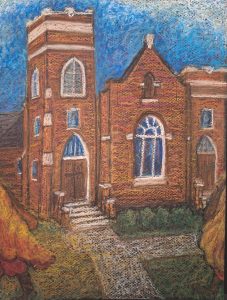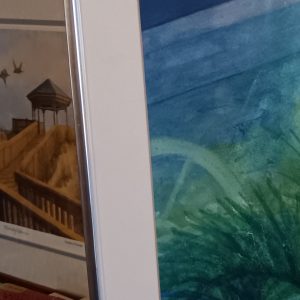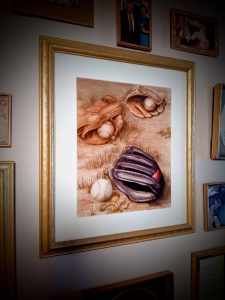BOONE, N.C. (March 4, 2026) – This morning as I wake and check the news on my phone, I’m thinking about two people on the world stage — well, three, but that third guy kinda goes without saying these crazy days.
The third man — and, yes, all three are men — is Donald Trump, of course, who has now pushed the penultimate panic button of his putrid presidency in order to divert attention from his criminality and incompetence.
There’s only one more button for him to push, and I have no doubt that he will if given the chance. Do I have to tell you what that last button does? OK. It’s the one that blows everything up, figuratively as well as literally.
How would that be for a distraction? Nope, we won’t be voting for Democrats or sensible Republicans after that happens. But it’s what 77 million Americans apparently want, right?
Continue reading It’s the Second Coming (Not of Who You Think)









